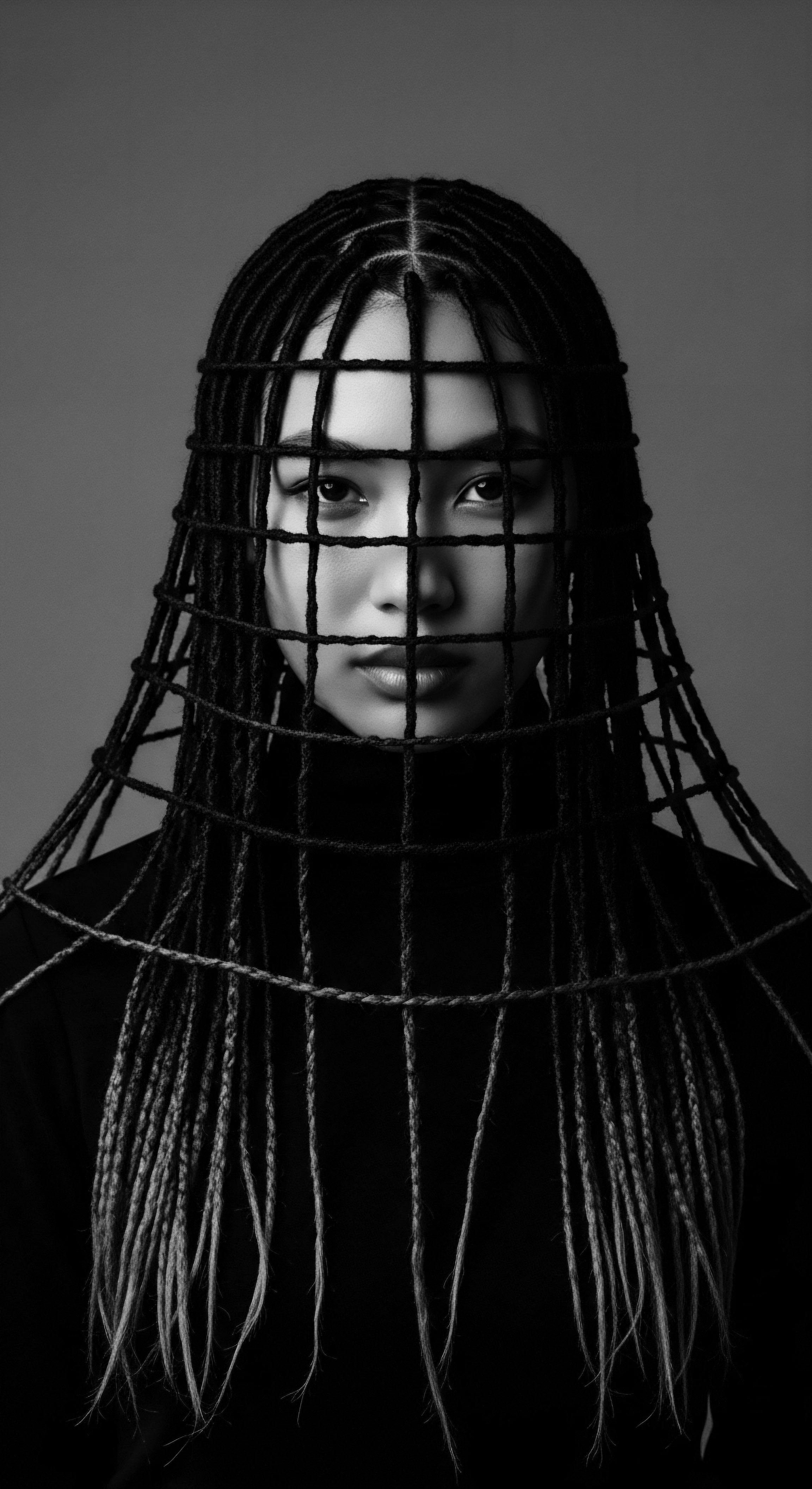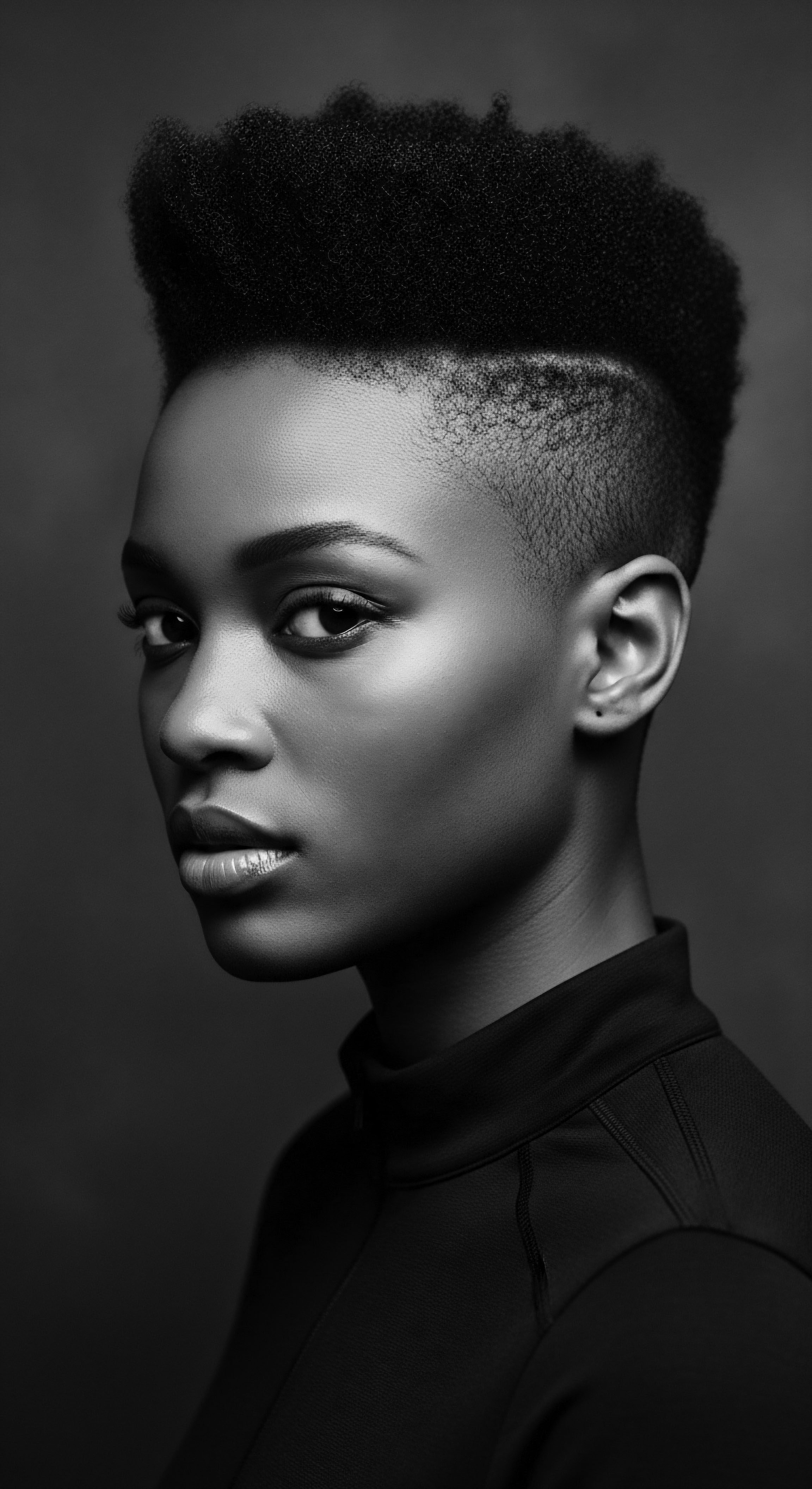
Why Did Textured Hair Become a Cultural Symbol?
Textured hair transformed into a cultural symbol through an enduring heritage of ancestral practices, resistance, and self-definition.
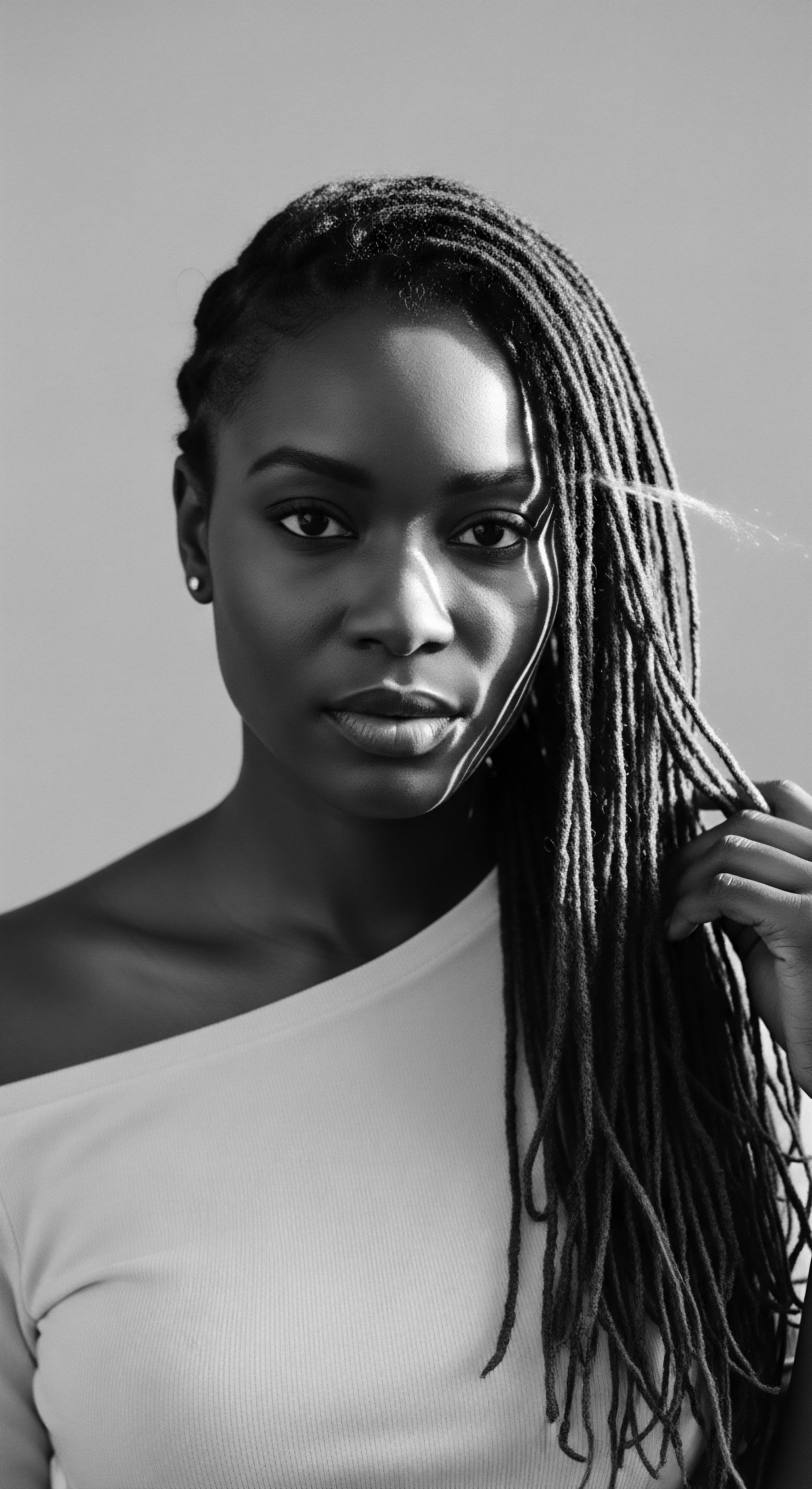
Can Historical Hair Rituals Deepen Appreciation for Black and Mixed-Race Hair Heritage?
Historical hair rituals unveil deep cultural meanings, transforming appreciation for Black and mixed-race hair into an honoring of heritage and resilience.
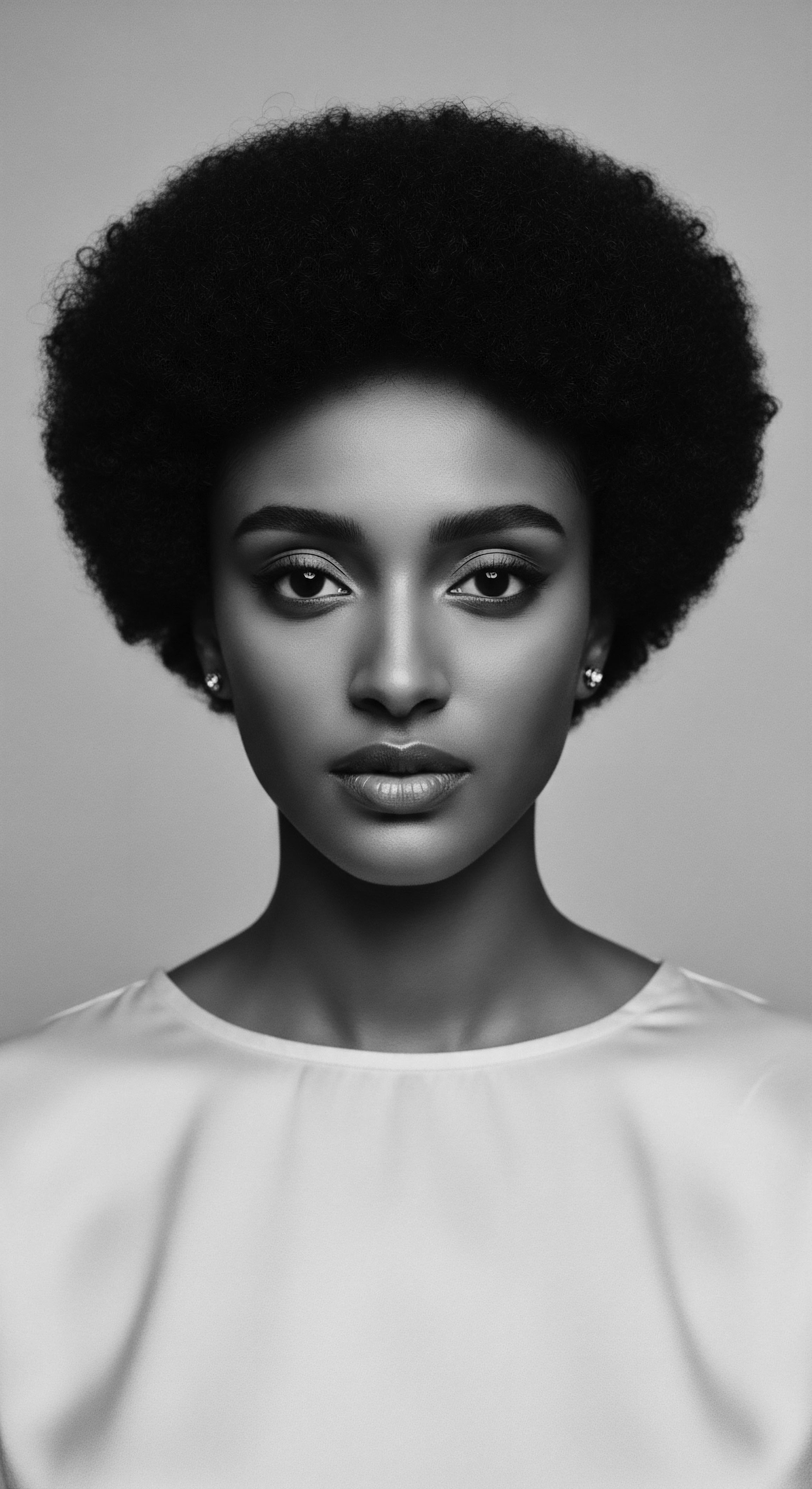
Diasporic Plants
Meaning ❉ Diasporic Plants are botanical species whose journey parallels human migration, profoundly shaping textured hair heritage and ancestral care practices.
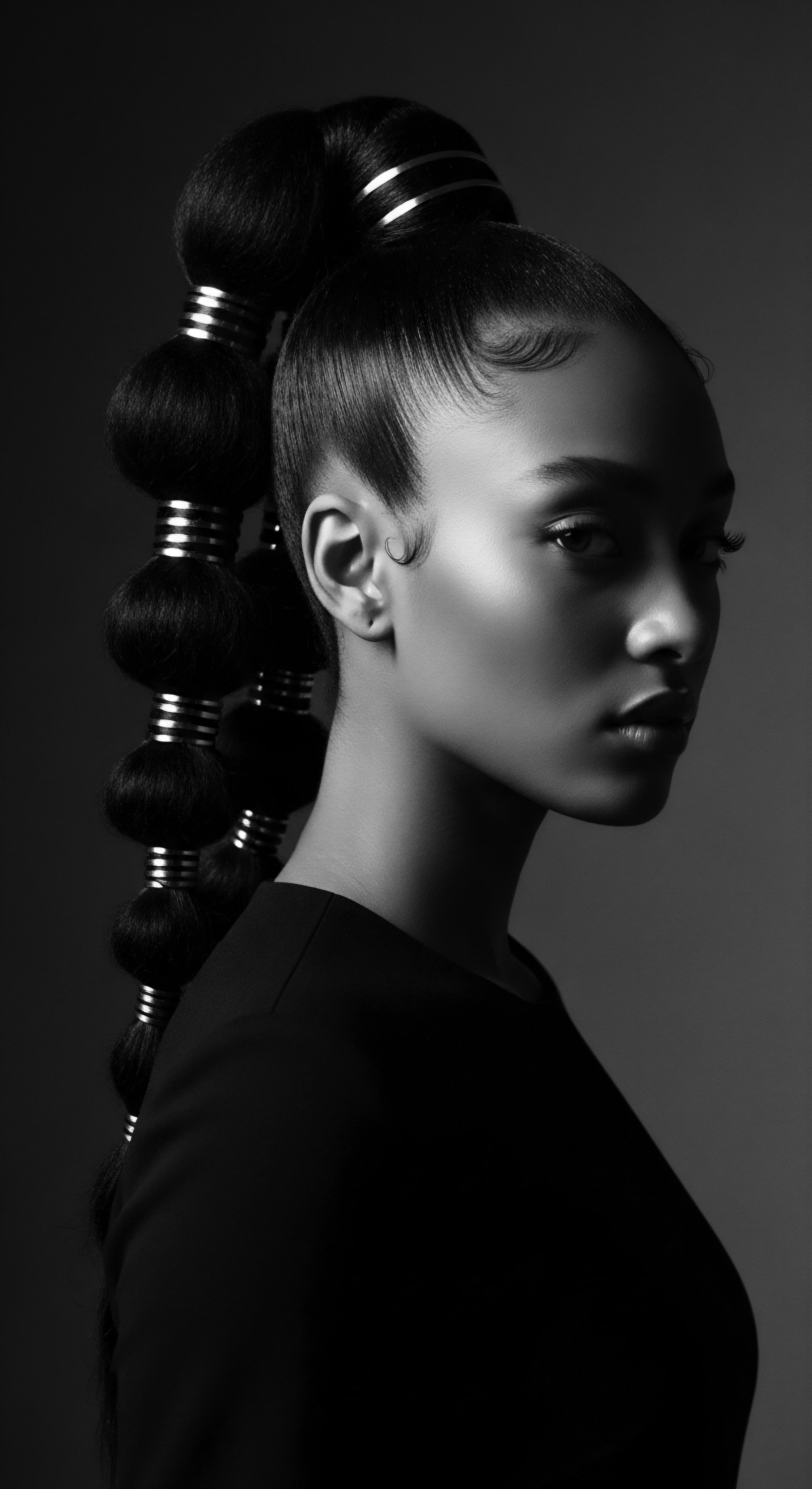
Colorism Studies
Meaning ❉ Colorism Studies explores the systemic preference for lighter skin and straighter hair, examining its historical roots and enduring impact on textured hair identity.
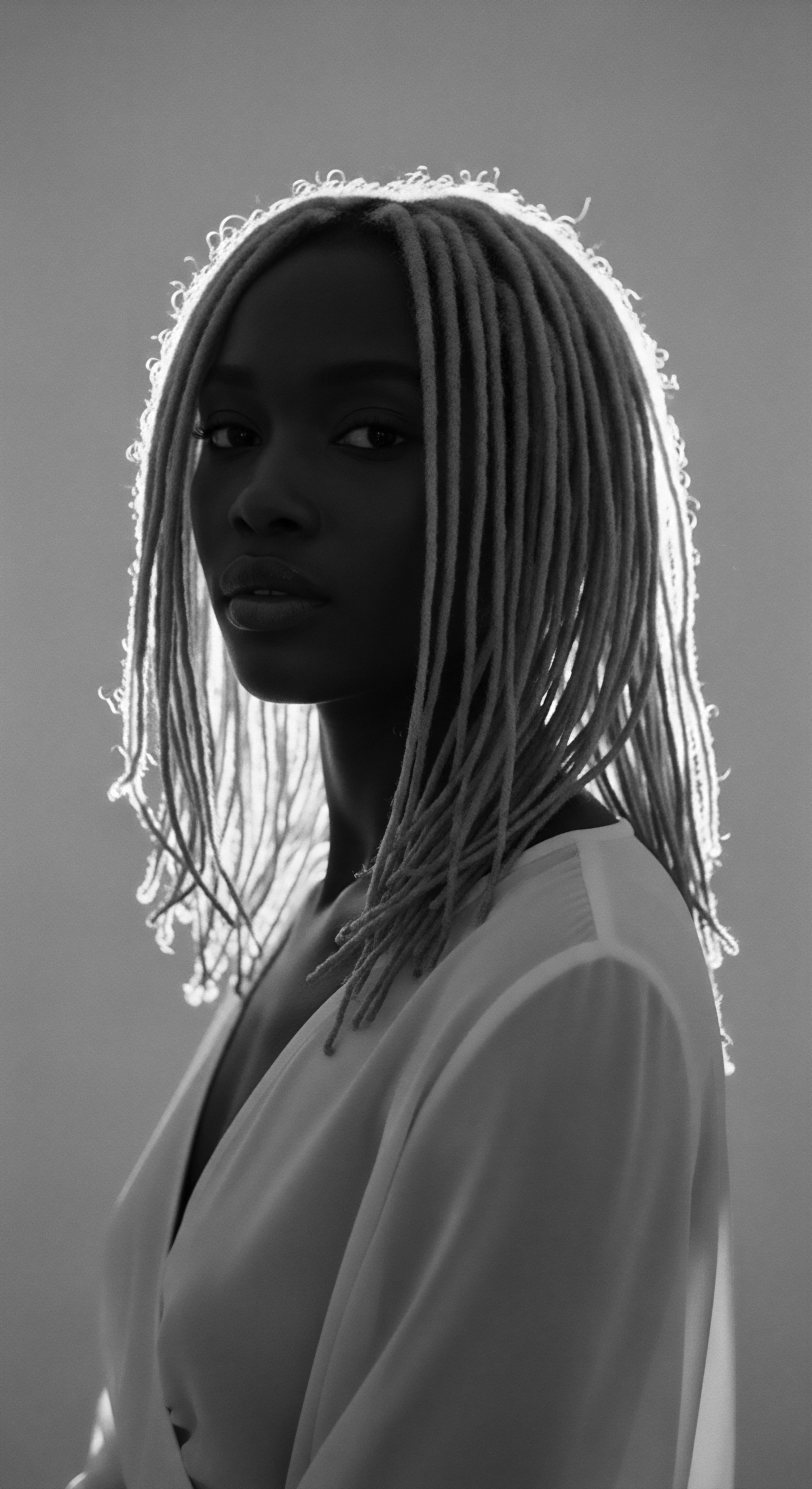
How Has Textured Hair Defied Cultural Erasure?
Textured hair has defied erasure by embodying a continuous heritage, resisting conformity, and serving as a powerful symbol of cultural identity.

